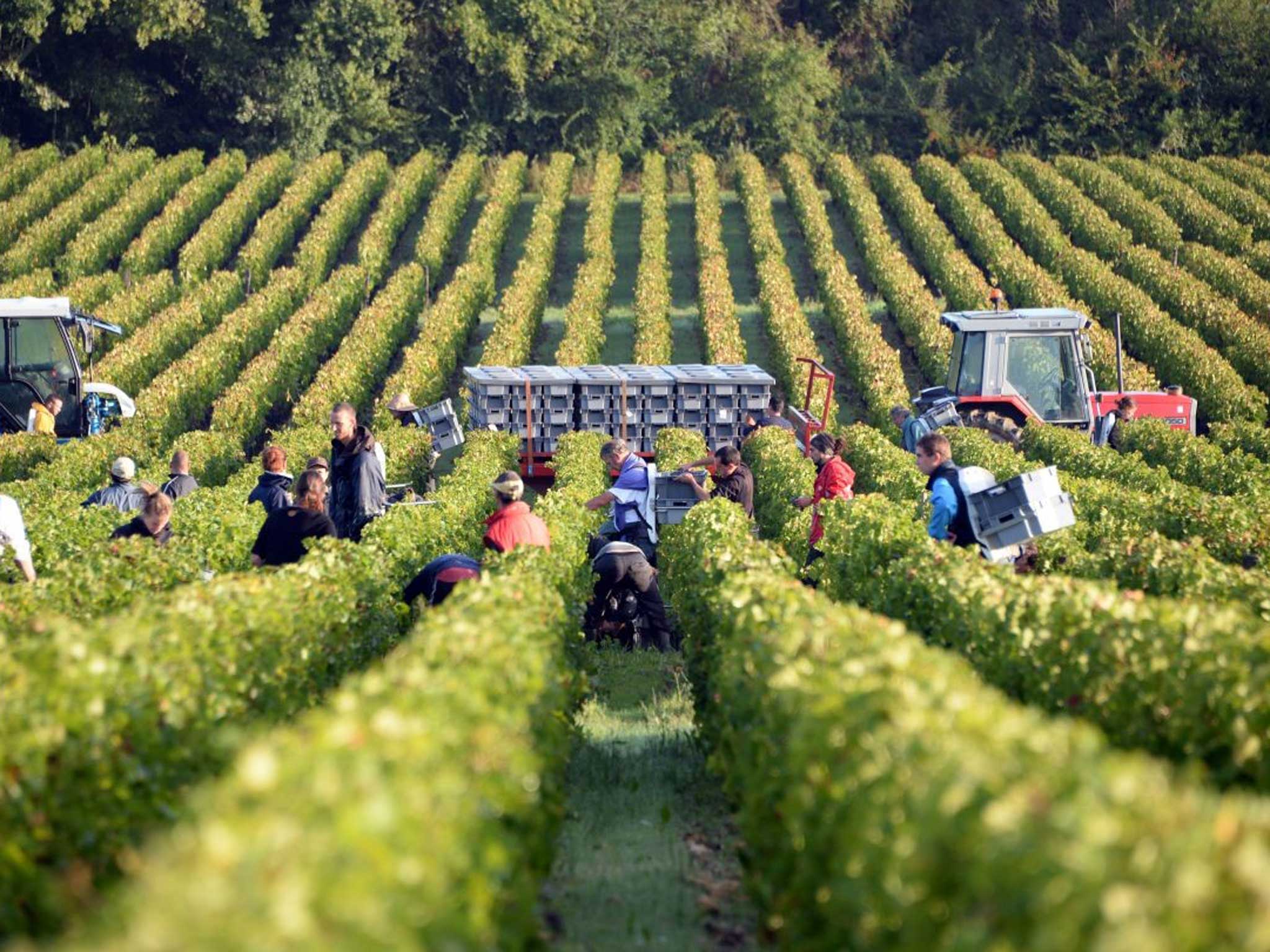One poor year isn't the end of wine investment
Despite the worst harvest in a generation, there's still lots of money to be made in this liquid investment, says Julian Knight

There is a global wine shortage according to analysts at Morgan Stanley, and 2013 has been as poor a harvest as in living memory.
It seems it is long time since the heyday for investors in this most liquid of assets.
Back in 2011, buoyed by huge interest in fine-wine investing in China and hot on the heels of two of the best vintages of the past century, prices surged. The release prices of the 2009 and 2010 vintages broke all records as growers restricted supply and cashed-in
Then the market went pop as interest cooled in the far east and the harvests and wine quality turned for the worse. Prices of key investment wines tumbled by around a quarter.
And the 2013 harvest, which was several weeks late due to inclement weather in the early summer, doesn't promise a respite. "This is likely to be one of the most-disappointing vintages of recent times.
Production is down in the main vineyards of Bordeaux due to hail in May, and although this will restrict availability, I still think that en primeur prices [when wine is sold in the barrel before it is bottled] will not be as keenly priced as they ought to be. This makes it a doubtful investment," said Nick Martin, founder of wine owners, fine wine investment managers.
However, all is not doom and gloom. Although prices of some more recent vintages may have some way still to fall, there are, according to industry experts, some vintages which represent better value.
"There are still opportunities to be found in those vintages that are drinking well at the moment, e.g. 1996 and 1998 in particular," Jon Barr, director of investment experts EFWines said. "Looking outside Bordeaux, we have found increased interest in champagne and Italian wines – it is no coincidence that the most sought after Italian wines (the 'super Tuscans') are based on the fabled Bordeaux-blend, i.e. Bordeaux style and quality at a lower price."
For those looking to invest in wine – and the long-term returns can compare favourably with shares and certainly savings accounts – the key it seems is to diversify and keep an eye on storage costs.
"Many start with a couple of thousand pounds, but to be diversified and be buying at a high enough level to potentially make a profit you need to be spending upwards of £5,000-£10,000," Mr Martin said.
"Just be aware that all wine needs to be held in a bonded warehouse or investors won't know its provenance.
"If you buy too many cases at 200 a case, then annual storage costs per annum will be £10 per case and £15 for delivery – over a five-year period a good £70 for one case.
"It's best to look at medium to higher-value cases so as not to see too much of the value of your investment swallowed up in such fees," he explained.
Subscribe to Independent Premium to bookmark this article
Want to bookmark your favourite articles and stories to read or reference later? Start your Independent Premium subscription today.

Join our commenting forum
Join thought-provoking conversations, follow other Independent readers and see their replies
Comments